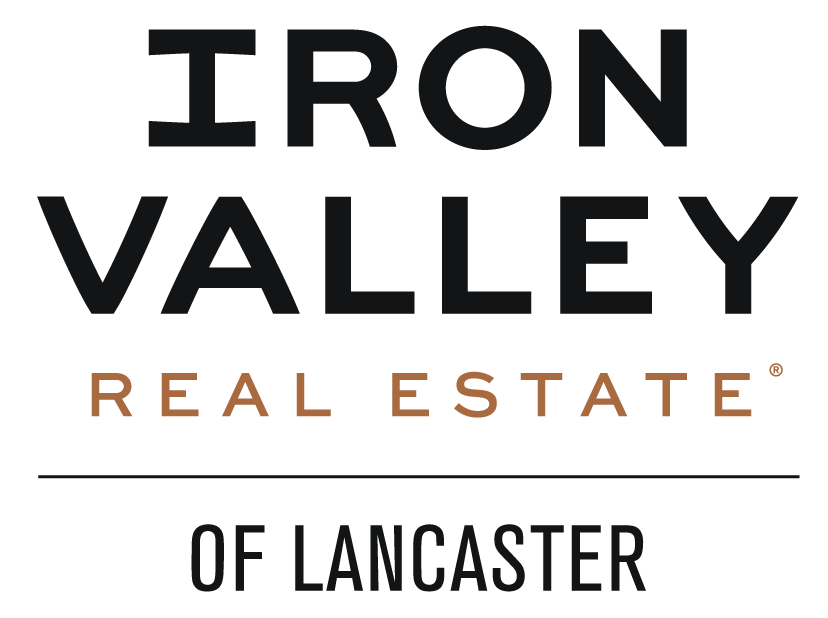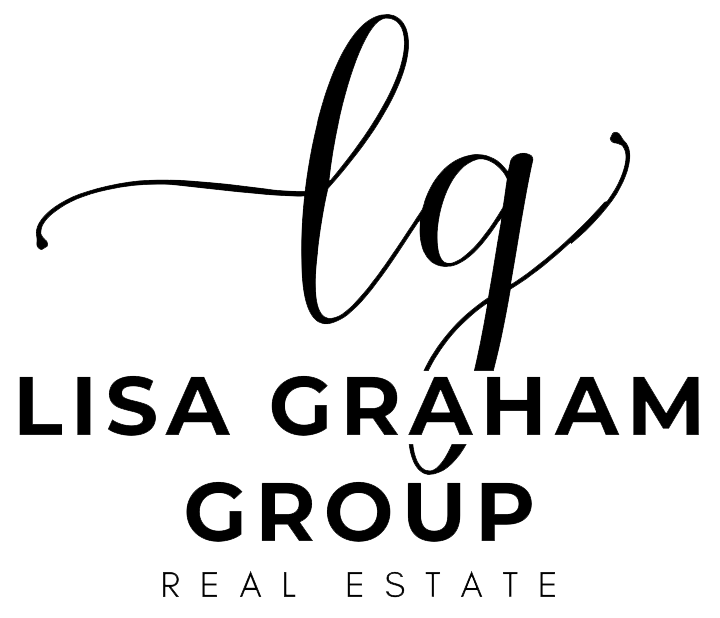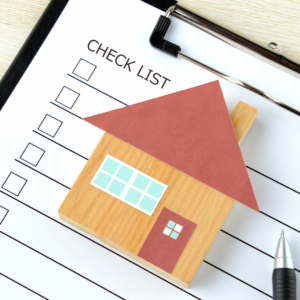You’ve gotten your feet wet with a rental property or two! Now you’re ready to dive in a little deeper. You found that you enjoy owning properties, don’t mind keeping up with them, and feel real estate is where you want to invest. You have a lump sum of cash waiting to be invested and you want to purchase more investment properties. Here are some things to consider.
- Should I create an LLC? If you have purchased investment property in your own name, now may be the time to consider creating an LLC to use going forward. Using an “entity” to buy and own real estate provides a layer of protection in the case of lawsuits. (TIP: You should already have an umbrella policy.) Keep in mind that using an LLC to purchase property will affect financing. Terms are often similar to a commercial loan with a 20-year payment schedule. An LLC can also provide anonymity between you and your tenants, especially if you use a property management company.
- Upgrading to multi family units. Your first property may have been a townhouse or other similar property that was easy to purchase and rent. If you have more money to work with, you may want to upgrade to a two-, three-, or four-unit property. These properties usually have tenants with leases in place, which could be good or bad. Many times the property is under-rented and the rents need to be increased as leases are renewed. There may also be deferred maintenance issues and cosmetic upgrades that need to be done once a unit is empty. Over time, these properties have great potential for rent increases while your mortgage payment remains the same.
- Cash flow vs break even. Sometimes you will have to weigh your priority over finding a property you can afford that provides cash flow now, or will provide great cash flow and appreciation in market value over time. You may find a multi-unit property with rents that only cover your monthly mortgage, but doesn’t provide cash flow. However, this property is in a great location and both rents and market value will appreciate greatly over time. You know it’s a solid investment, but your return will be realized later.
- Managing or property management. As you start accumulating properties, managing the tenants, payments, repairs, etc., can get to be too much. At this point you may want to hand over at least some of your properties to a third-party management company. They have all the connections for late-night repairs, dealing with problem tenants, and keeping records.
Always talk to your accountant to see how purchasing and holding real estate will affect your taxes. Talk to your attorney about the pros and cons of using an LLC. Of course, work closely with your lender and realtor to see how much a property will cost you and how much you can make.







